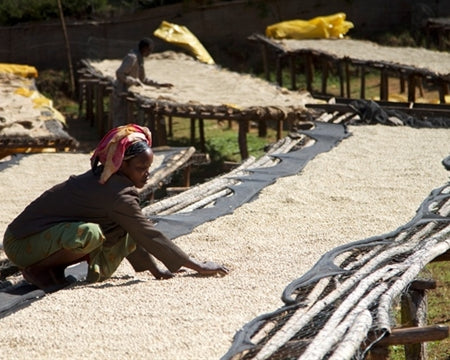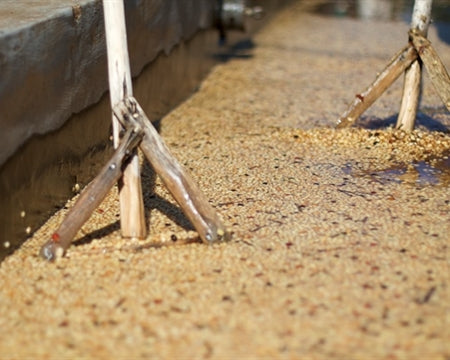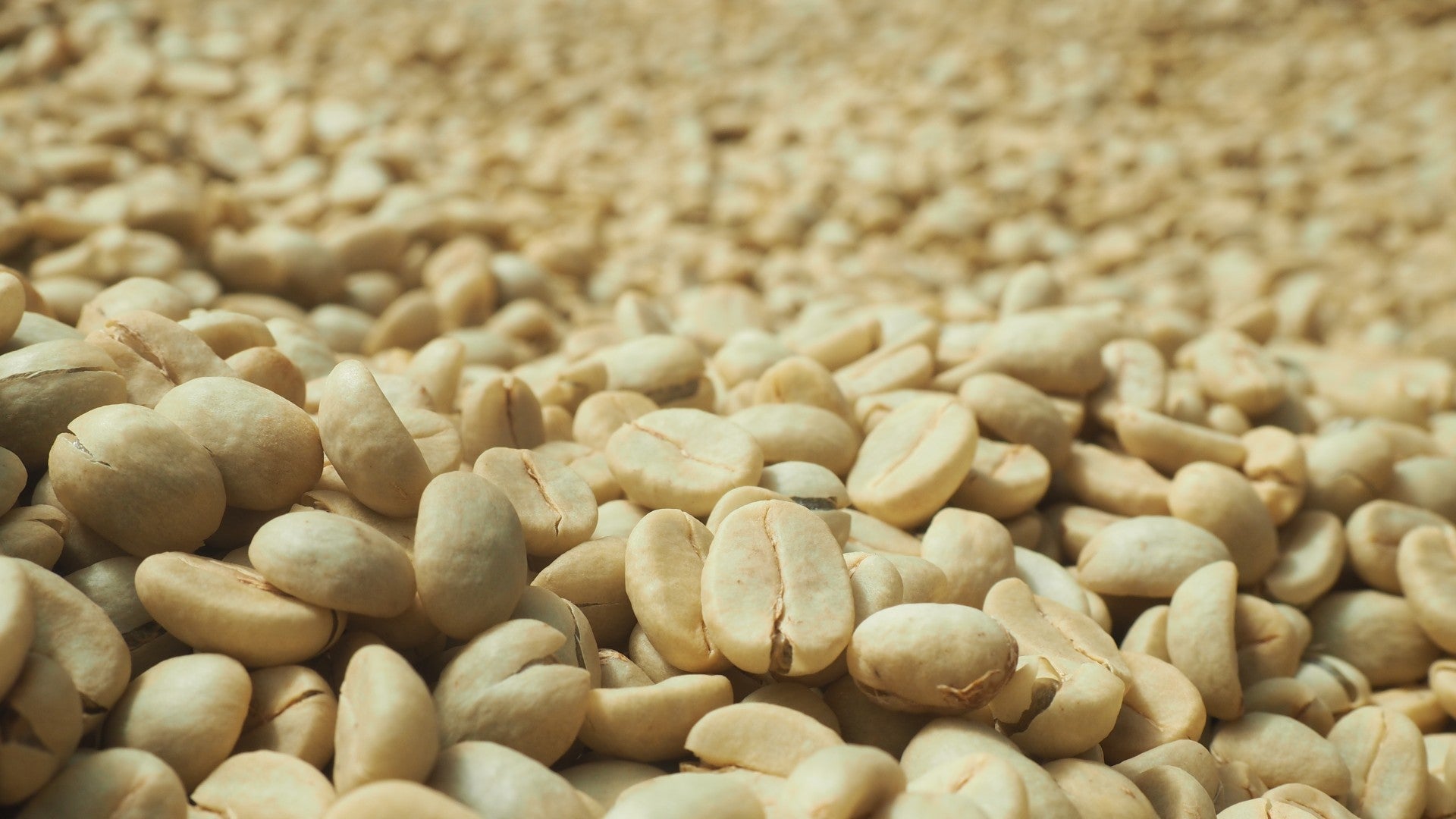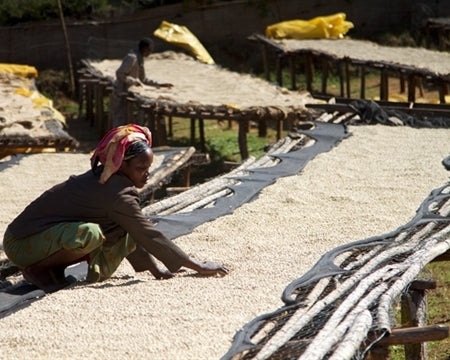Worka Chelchele
Check out these Producers
Baho Coffee
Baho Coffee, based in Rwanda, stands out for its commitment to traceability and community empowerment. By connecting directly with individual coffee producers, Baho ensures sustainable relationships and motivates growers. The Remera Hill group exemplifies this approach, with farmers’ lots separated to recognize their hard work. Emmanuel, the driving force behind Baho, transformed the Humure Washing Station, increasing production capacity. Baho Coffee’s vision extends beyond profit, emphasizing innovation, community development, and quality. Their journey reflects passion, dedication, and a shared love for coffee, from Rwandan hills to global cups.
Their StoryBrayan Alvear
Brayan Alvear, a 19-year-old coffee grower from Acevedo, Huila, Colombia, has turned a lifelong passion for coffee cultivation into a dream career. This year, he led a project with over 60 local coffee growers, including his family, to collect and sell coffee cherries at premium prices, showcasing their dedication. Partnering with Forest and the Ancla processing station, Brayan helped develop unique coffee profiles through innovative fruit fermentation techniques, making him one of the youngest producers to feature in a Forest release.
Their StoryCiro Dias Pereira
Ciro Dias Pereira manages Capim Seco farm, having taken over from his brother Rafael, who shifted focus to horses. Ciro, who also co-manages Fazenda Irmãs Pereira with his brother Luiz Paulo of Carmo Coffees, upholds the family tradition of high-quality coffee production. Capim Seco's beans are processed at Fazenda Irmãs Pereira using advanced techniques. Ciro’s passion for coffee is driven by his family's legacy and the recognition of their high-quality products.
Their Story



